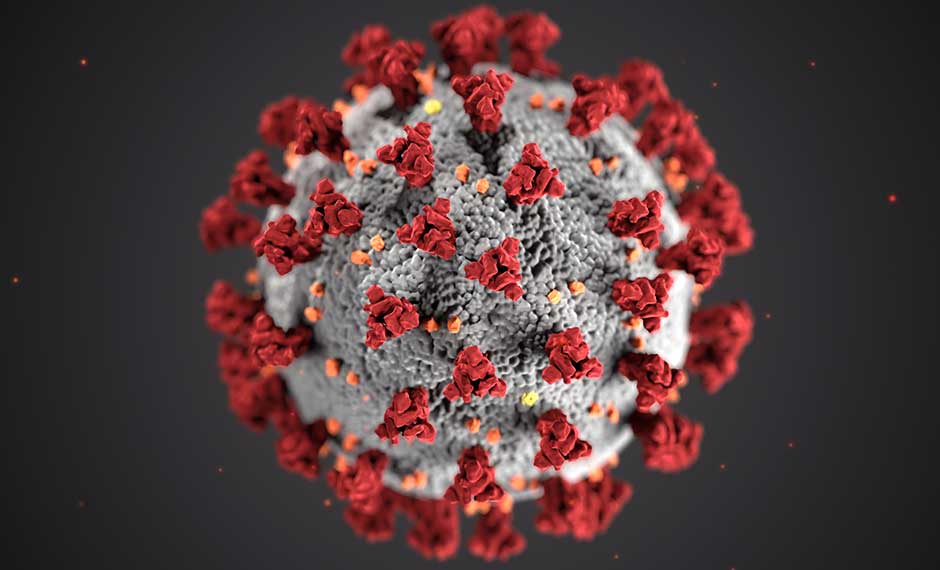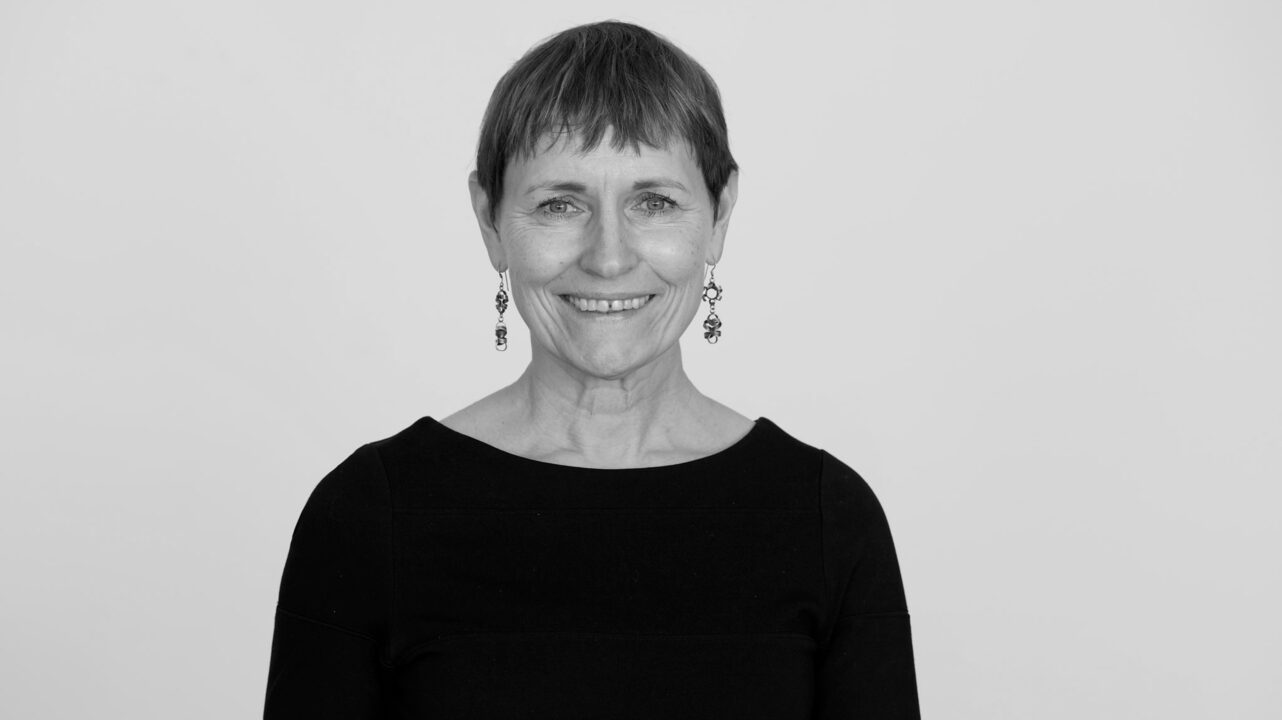The COVID-19 pandemic is testing our entire society. The world’s researchers, authorities and decision-makers are strengthening their communications in order to mitigate the harmful effects of the virus. Here, Secretary General of VA (Public and Science), Cissi Askwall reflects on the crisis, communication and the consequences from VA’s perspective.

Sometimes experts disagree about how Sweden should act during the corona crisis. Are there risks of openly debating different opinions about what measures are best for protecting public health?
The fact that different experts have different views on how Sweden should act to limit the virus’s harmful effects can, of course, be confusing. But freedom of speech and public debate are fundamental rights in a democratic society. The alternative: to forbid discussion about our government’s recommendations and the decisions of politicians, would be much worse. We need dialogue and debate in order to solve the problems in society. Everyone should have the opportunity to contribute with their expertise and suggest solutions. The disagreement among experts is mainly due to the scientific uncertainty, and how little we know about the new corona virus. In order for us to have confidence in the decisions that are made, it is important that those responsible for the decisions explain why they chose a particular strategy and what evidence and research-based knowledge impacted that decision. This is also why so many Swedish organisations joined the #hurvetdudet? campaign in 2018.
The first results from an ongoing VA survey (see the second results from the same survey here and the third here) shows that the public has a great deal of confidence in researchers and public figures who comment on the COVID-19 pandemic in the Swedish press. The survey participants have the highest level of trust for doctors and other healthcare professionals, while politicians and journalists fall much further down on the confidence scale. Is this a surprise?
No, not really. The results are in line with our annual survey of Swedes’ attitudes to knowledge, science and researchers. Ever since we started our annual survey in 2002, we see that the public has had a great deal of confidence in health care professionals and researchers, and a much lower confidence in politicians and journalists. In Sweden, we also have great confidence in our authorities and public institutions, especially universities and university colleges.
VA’s survey was conducted using web panels. Of course, not all voices in society are heard through this tool, and not everyone is reached by the research results and advice communicated in the regular media channels. What can researchers and authorities do to better reach out to those other, often vulnerable, groups in society?
It is a problem in both opinion polls and information campaigns that not everyone in a society is included. Often, there are different forms of exclusion that hinder communication, such as language difficulties, disabilities, addictions and other social problems. A major ”advantage” when it comes to communicating about the ongoing pandemic is that everyone is involved and that most people therefore would like to know more. Authorities and others who want to reach through with important information must adapt messages, channels and communication methods to their target groups. Here we have seen recent good examples where artists and healthcare workers help to reach those who do not follow the mass media reports.
Are there any researchers’ voices missing in the public debate?
Fortunately, many researchers are involved in the public conversation right now and many want to share their knowledge and advice. Previous surveys show that the media often focus on medical and social science research. Additionally in the COVID-19 reporting, a lot of doctors, economists and political scientists are also included. It is exciting that so many researchers in different disciplines are involved, such as mathematicians, statisticians, psychologists, historians, behavioral scientists and philosophers. At the same time, it is often the same researchers who participate. A greater breadth of experts and more interdisciplinary approaches could enrich reporting and make it more nuanced.
What is it that makes the pandemic move us from word to action, much more and faster than when it comes to reducing climate change?
I think this is because the virus is such a concrete threat, which can have very rapid and devastating consequences, both for individuals and for entire communities. This makes it easier to propose and accept drastic measures at a fast pace. Climate change, like the pandemic, has very serious consequences, but there is a longer horizon and the links between cause and effect are more complex.
Are there lessons from the pandemic that can help us solve other crises?
Yes, we have learned the importance of listening to researchers and experts to prepare for and prevent future crises. We see that people are prepared to make quick and sweeping changes in their everyday lives when health and communities are threatened. We have also learned that we are quick to assist others, to help solve problems and are prepared for sacrifices if it can help our society.
How do you think the corona crisis will affect science communication in the short and long term?
The ongoing crisis shows that good science communication can make a big difference. I hope this means that communication will be higher on the agenda in the research world in the long term. The pandemic is also driving the development of digital communication and virtual meeting formats, which in turn can make research more accessible and meaningful for more people around the world!

